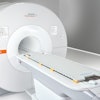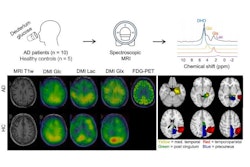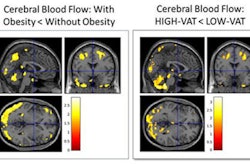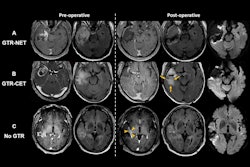Convolutional neural network (CNN)-based techniques outperform conventional deep learning (DL) methods when it comes to diagnosing Alzheimer's disease, according to a literature review published May 5 in Health Science Reports.
The findings could help clinicians identify Alzheimer's earlier, wrote a team led by Zia-Ur-Rehman, PhD, of Universiti Sultan Zainal Abidin in Kuala Terengganu, Malaysia.
"[Our review found that] DL methods, namely CNNs and RNNs [recurrent neural networks] methods have demonstrated significant achievements in identifying disorders at initial stages, categorizing different disease phases, and predicting disease development," the group wrote.
Alzheimer's disease significantly impairs brain function, and its timely identification is essential for appropriate treatment and care, the researchers wrote. How the use of AI can contribute to Alzheimer's disease diagnosis is under investigation; Rehman and colleagues conducted a review that examined developments in the use of DL with neuroimaging for the diagnosis of the condition. The review included 218 studies published between 2021 and 2025 that addressed the use of MRI, PET, and functional magnetic resonance imaging (fMRI) to assess brain health.
Overall, the group reported from the review that CNN-based techniques -- especially those that use hybrid and transfer learning frameworks -- were more effective for identifying Alzheimer's disease than conventional DL methods, writing that "CNN models are the most frequently employed and important classification methods in this field," and that "in comparison to voxel and slice‐based techniques, strategies for processing region‐of‐interest and patch‐based data have proven much more effective." The team also noted that "optimal results were demonstrated by the integration of the basic CNN model with MRI brain images."
More research is needed, according to the team, and its focus should be on "standardized data sets, rigorous validation architectures, and understandable AI methodologies to enhance the effectiveness of deep learning methods in Alzheimer's disease prediction." It's also key to develop appropriate AI technology, according to the researchers.
"Even though most issues in the area of [Alzheimer's disease] classification remain unsolved, the interpretation in healthcare fields is crucial for gaining physician confidence and adoption, and it ensures the ethical deployment of AI technological advances," they concluded.
The complete study can be found here.





















